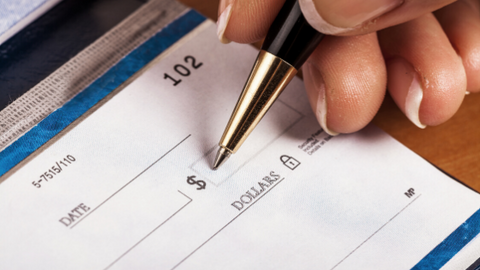
I've written before about the importance of a daily ritual, the need to eliminate choices through creating habits and the way in which routines and discipline actually lead to freedom. Today I wanted to share a few samplings of routines that successful musicians have used in their life to enable them to leave the legacy we now look upon in awe.
Pyotr Ilich Tchaikovsky
Tchaikovsky held a firm belief that a daily walk was necessary. (A belief also held by Beethoven and Mahler.) So necessary in fact that he thought "he had to take a walk of exactly two hours a day and that if he returned even a few minutes early, great misfortunes would befall him." He would take notes while on his walk and found that much of his composing stemmed from his time outside. When he returned he would apply his ideas to the piano after taking tea and reading. Dinner was always served at 8pm and his evenings were spent with guests.
Igor Stravinsky
Stravinsky told an interviewer in 1924 that "I get up at about eight, do physical exercises and then work without a break from nine until one."
Louis Armstrong
Although much of Armstrong's later career was spent touring and traveling on the road, he developed a very set pre-show ritual that entailed arriving to his dressing room two hours early dressed and ready for the gig.
Sergei Rachmaninoff
Rachmaninoff found that roughly two hours of practice time was all he needed each day to keep his piano skills at the mastery level required of him in his professional life. He would aim for four hours of composition time beyond that but often felt as though he never had enough time for all the ideas in his brain.
What changes to your schedule can you make to better set yourself up for greatness? Do you need an afternoon walk? A set amount of time for practice? A buffer before gigs to get you in the right headspace? Being a working musician is great! But have you sacrificed your artistic expression for it? What sort of greatness would you like to be remembered for?
Every great athlete has a strict routine for training their body, mind and craft, so do great musicians! So train like an athlete to play like a musician.
Less pain and more music!
Karen







